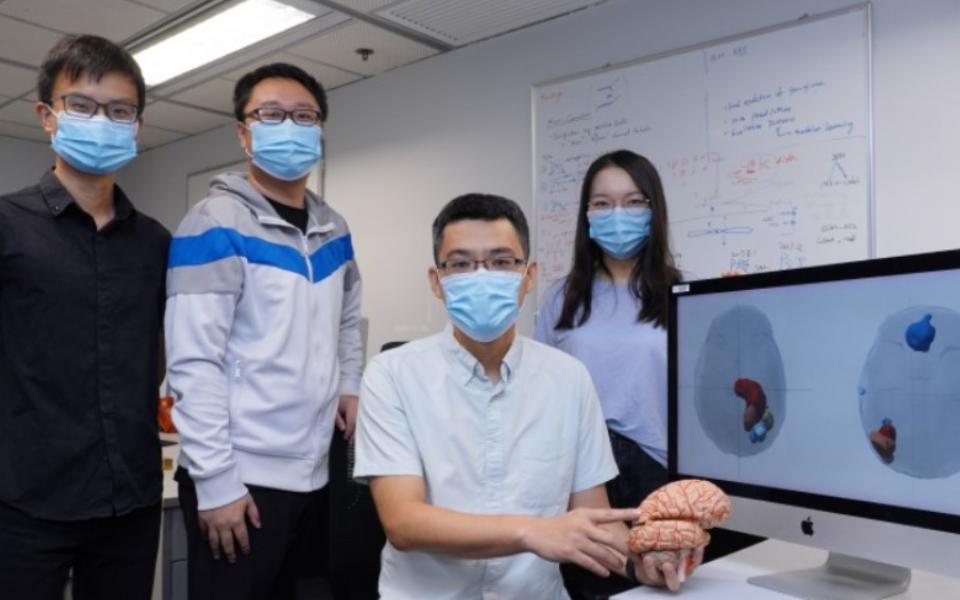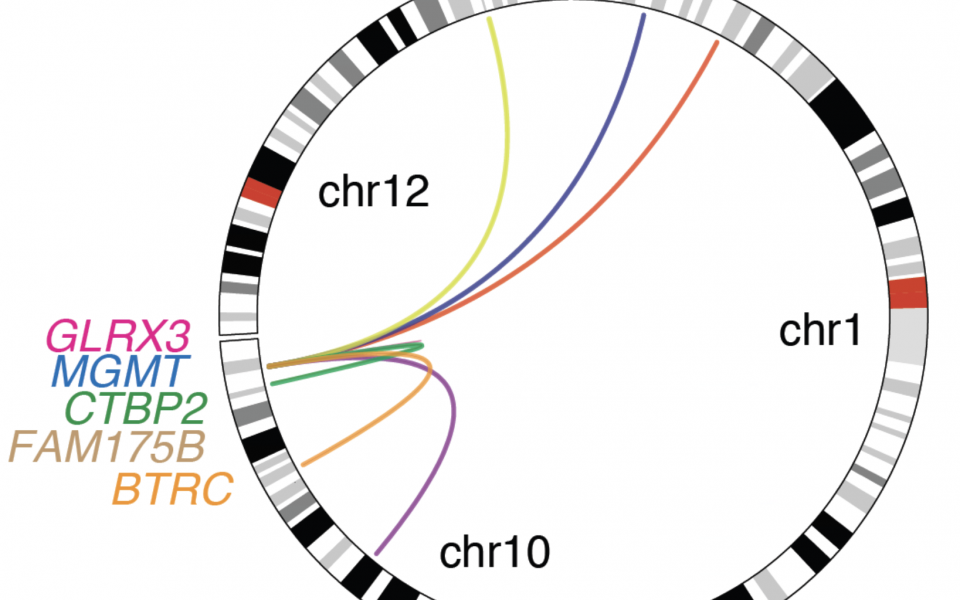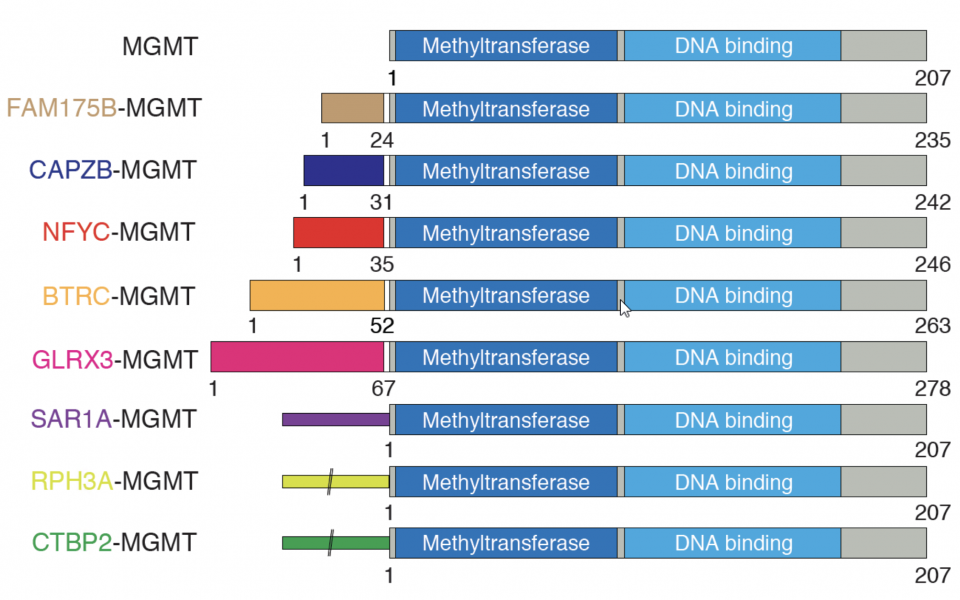An international research team co-led by the Hong Kong University of Science and Technology (HKUST), Beijing Neurosurgical Institute, and the Spanish National Cancer Research Center (CNIO) has discovered a mechanism that explains why patients of gliomas – a common and aggressive type of brain tumors, would develop chemo-resistance, potentially allowing early identification of drug-resistant brain cancer patients.
At present, the main treatment for glioma is a combination of surgery, radiotherapy and the chemotherapy agent temozolomide (TMZ). This type of treatment can usually prolong patients’ overall survival time. However, most of them would suffer a relapse and some would become resistant to TMZ.
Read more about relevant research:
HKUST Scientists Discover How RNA Polymerase II Maintains Highly Accurate Gene Transcription with High-Performance Computing
To understand why, the research team at the Wang Genomics Lab, led by Prof. WANG Jiguang, Assistant Professor at HKUST’s Division of Life Science and Department of Chemical and Biological Engineering, computationally analyzed a large cohort of the TMZ-treated recurrent tumors consisting of both publicly available cases and those collected by the team led by Prof. JIANG Tao from the Beijing Neurosurgical Institute, and found that there were translocations of chromosome 10 in some of these recurrent tumors. The team at CNIO validated the biological function of the genetic rearrangement using cancer cell lines and animal models.
The translocations significantly promoted the expression of a gene called MGMT, which repairs the main TMZ-induced DNA damage in cancer cells, causing treatment failure. The study has also found that such translocation only present in recurrent tumors, indicating that the resistance may occur as a consequence to the treatment itself.
“We hope the discovery of this mechanism would help develop a method for early detection of drug resistance and assist doctors in deciding whether the patient should continue be treated with TMZ,” said Prof. Wang. “While it’s true that other drug options for gliomas are currently very limited, I hope this discovery could help develop a rapid test for chemo-resistance, so precious time could be saved for patients who may otherwise be undergoing ineffective treatment.”
Dr. Massimo SQUATRITO, who led the team at CNIO, added that the next step would be to identify novel treatment intervention for TMZ-resistant patients.
The study was recently published in top scientific journal Nature Communications.
Find out more on other works of Prof. Wang’s:
HKUST Researchers Discover Mutation Route That Helps Find New Therapeutic Lead for Deadly Brain Cancer Patients
About The Hong Kong University of Science and Technology
The Hong Kong University of Science and Technology (HKUST) (https://hkust.edu.hk/) is a world-class research university that focuses on science, technology and business as well as humanities and social science. HKUST offers an international campus, and a holistic and interdisciplinary pedagogy to nurture well-rounded graduates with global vision, a strong entrepreneurial spirit and innovative thinking. HKUST attained the highest proportion of internationally excellent research work in the Research Assessment Exercise 2014 of Hong Kong’s University Grants Committee, and is ranked as the world’s best young university in Times Higher Education’s Young University Rankings 2019. Its graduates were ranked 16th worldwide and top in Greater China in Global University Employability Survey 2018.


